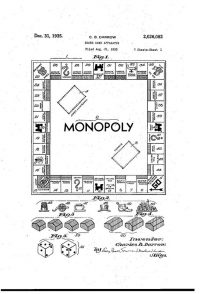As noted in a previous post, the Virginia General Assembly is currently considering a bill that, in its original form, would have allowed landowners to simply declare the residue of their land remaining after a partial take an uneconomic remnant and force localities acquiring such property for highway projects to take the owner’s entire parcel. Senate Bill 485, as amended, passed the Senate unanimously and will next be considered by the House of Delegates.
When Senate Bill 485 was considered in the Senate Judiciary Committee in late January, it was amended to remove the landowner’s ability to unilaterally declare his residue to be an uneconomic remnant. Unfortunately, the new scheme proposed by the amended bill is not a great improvement over the previous version of the bill.
Under the amended bill, if the condemnor and the owner agree that the residue is an uneconomic remnant, then the condemnor can acquire the whole parcel regardless of how large the residue is. This provision should be fairly uncontroversial. However, if the condemnor and the owner do not agree, then either party can petition the court for an evidentiary hearing and decision on the matter before the trial on the issue of the amount of just compensation due to the owner is set. If the owner prevails, the court may award him costs and expenses, including, notably, attorney’s fees.
Practically, this incentivizes landowners to file such petitions in all but the most minor of partial takings cases. The bill creates no downside for landowners filing such petitions, as the result of losing is simply the status quo. The upside for landowners and their attorneys, and downside for the condemning authorities and the taxpaying public, is potentially large: not only would the landowner force the locality to purchase their entire parcel, thus increasing the award in the just compensation phase, but the landowner could also be awarded the attorney’s fees expended in this preliminary effort. This will undoubtedly lead to more protracted and complicated eminent domain litigation and massively increased costs for infrastructure improvements.
The bill’s history is available here.
The current bill text is available here.




Leave A Comment